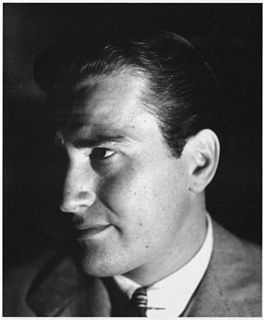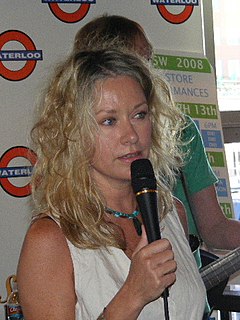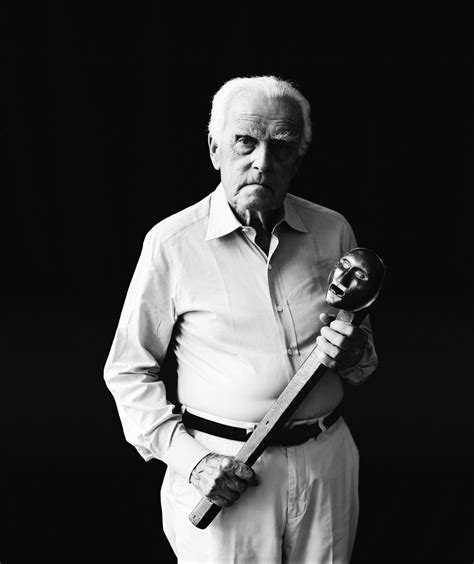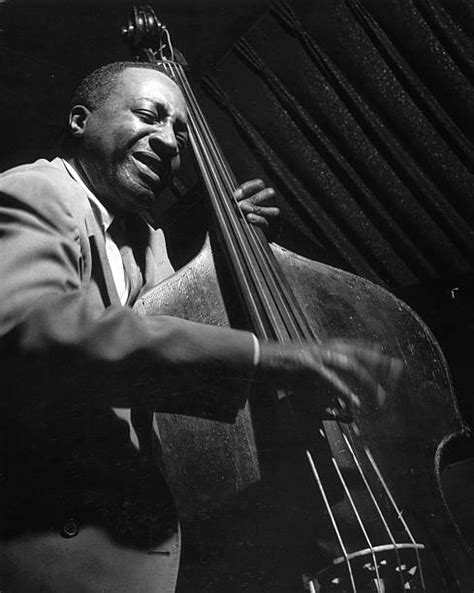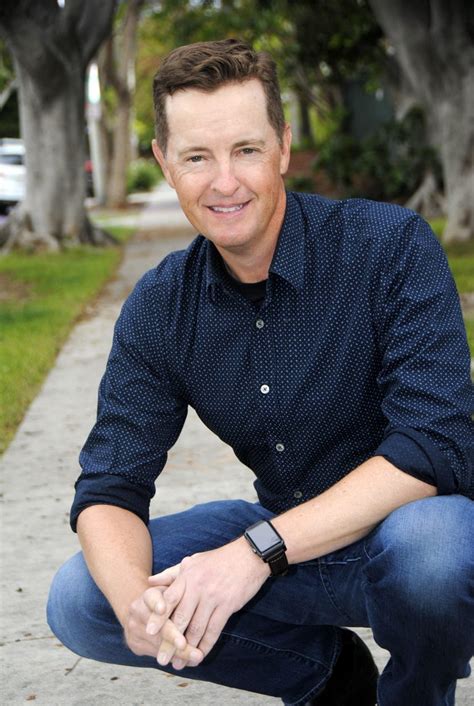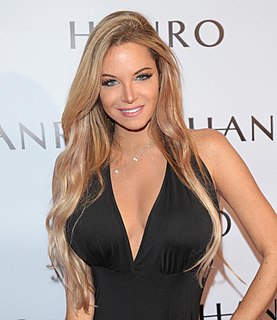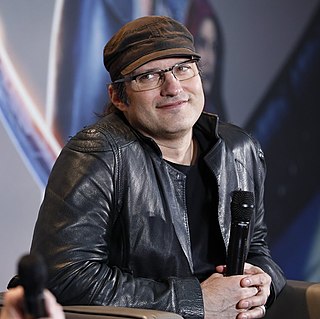A Quote by Artie Shaw
An artist should write for himself & not for an audience. If the audience likes it, great. If not, they can keep away.
Related Quotes
I'm not conditioned to be an entertainer. An entertainer pleases others while an artist only has to please himself. The problem with that is artists are misunderstood by all. I'm not interested in the clarinet but in music. we speak our emotions into music. An artist should write for himself and not for an audience. If the audience likes it, great. If not, they can keep away. My situation is the same. Let them concentrate on my music and not on me. I like the music. I love it and live it, in fact. But for me, the business part of music just plain stinks.
If you address yourself to an audience, you accept at the outset the basic premises that unite the audience. You put on the audience, repeating cliches familiar to it. But artists don't address themselves to audiences; they create audiences. The artist talks to himself out loud. If what he has to say is significant, others hear & are affected.
As an actor, you should always keep your trump card hidden from your audience. I want the audience to keep expecting more and more from me. I want to do 'different' work - good and memorable roles - so that audience appreciate me more. That's why I love to surprise my audience with something they never expect me to do.
A professional entertainer who allows himself to become known as a singer of folk songs is bound to have trouble with his conscience provided, of course, that he possesses one. As a performing artist, he will pride himself on timing and other techniques designed to keep the audience in his control ... his respect for genuine folklore reminds him that these changes, and these techniques, may give the audience a false picture of folk music.
